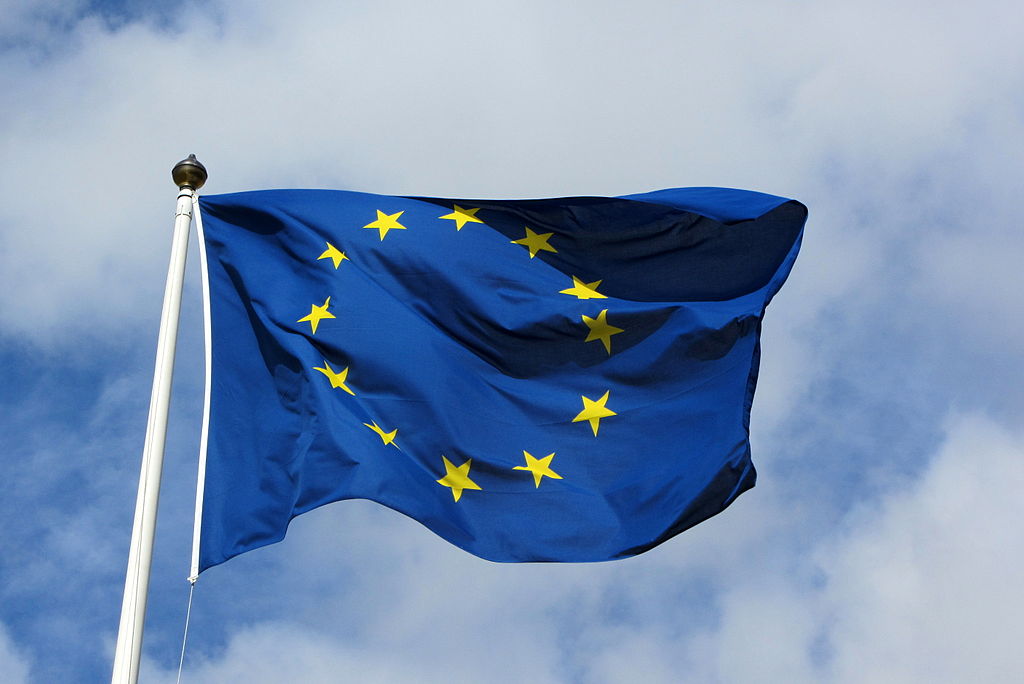In a speech delivered at the University of Zurich on September 19, 1946, Winston Churchill called for the rebirth of the pan-European idea. This "noble continent”, he said, was “the home of all the great parent races of the Western world, the foundation of Christian faith and ethics, the origin of most of the culture, arts, philosophy and science both of ancient and modern times”; and yet, it was from this great continent that a series of nationalistic movements had originated, which had plunged the whole world into the most catastrophic wars.
Europe, however glorious its past, lay now in ruins. Its economy had been devastated. Millions of displaced men and women marched homewards from battlefields, concentration and labour camps. Prisoners of war languished in captivity. Fallen soldiers left widows and orphans behind. Divided by hatred, impoverished by war, shocked by the unprecedented cruelty it had unleashed upon itself, Europe's prospects were bleak. Was it ever going to recover from the abyss into which it had sunk?
Winston Churchill believed it could, but only if all the states of the continent cast away the heritage of nationalistic feuds and trod the path of unity and co-operation. "If Europe were once united in the sharing of its common inheritance," he said, "there would be no limit to the happiness, prosperity and glory which its 300 million or 400 million people would enjoy." The only way out of the present misery was "to recreate the European fabric … and to provide it with a structure under which it can dwell in peace, safety and freedom. We must build a kind of United States of Europe."
Sixty-nine years have elapsed. But Europe, faithful to its unruly and quarrelsome nature, is once again destroying the feeble foundations of its young commonwealth. The selfish interests of national states are tearing the fragile fabric of the continent apart.
While Mr Churchill galvanized the British people and strengthened their will to fight a protracted war in Europe which saved the continent from Fascist tyranny, the incumbent British Prime Minister, David Cameron, has proposed a referendum on a possible exit of the UK from the European Union. From being the saviour of Europe, willing to sacrifice lives and money for the common good, Britain has turned inwards, eschewing European leadership.
Germany, the largest and richest country in Europe, has taken over the leadership of the continent, but is unable, or unwilling, to move beyond the role of the preacher admonishing EU members whose economy is worse than its own. It has no vision for the common development of the European economy, as its main goal is to amass trade surpluses and promote the welfare of its own citizens.
Italy and France are marred by inefficiency and incompetence, and are unfit for European leadership.
No pan-European party or organisation has yet emerged, which could include representatives of all nationalities co-operating on an equal footing.
After 1945 things went well for Europe. The economic miracle of the post-war era brought unprecedented prosperity to it. The 2008 financial crisis was the first big test for Europe. And it miserably failed. The continent which after 1989 saw itself as a world power, proved to be a boastful 'paper tiger'.
While European states keep struggling and blaming each other, the most influential voice in favour of European unity did not come from Europe itself, but from a foreign country. It was Li Keqiang, the Premier of the People’s Republic of China, who, at a press conference closing the 10th China-EU Business Summit, expressed his hope that Greece would stay in the EU.
Li said that China supports the process of European integration. It hopes that Greece will remain in the Eurozone and that an agreement with its creditors may soon be reached. He further stated that China hopes Europe may quickly recover from its crisis, and that China has proposed measures to this effect.
China and the EU. The rising global power and the ailing old continent. On the one hand a state that supports stability, unity and growth; on the other, an incoherent amalgam of selfish nation-states that mistrust each other and pursue an incoherent economic policy, a mix of neoliberal ideology, agricultural protectionism, extreme bureaucratism and decentralization.
In my next post I shall explain why Europe needs its own “self-strengthening” movement, and what lessons the EU should learn from China.

Comments
Post a Comment